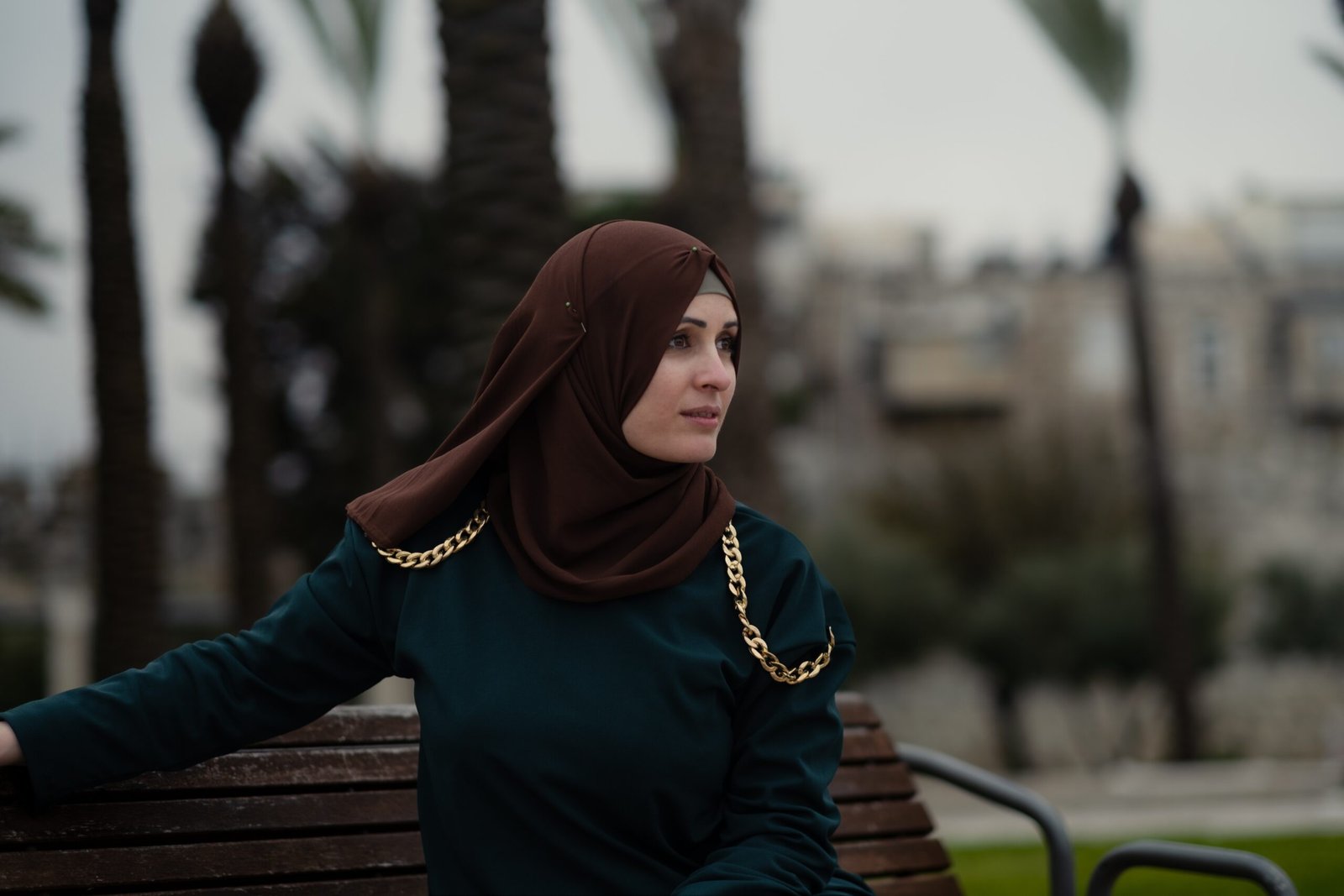
Islamic culture is rich and diverse, and it encompasses a wide range of traditions, beliefs, and practices. One of the most fascinating aspects of Islamic culture is the role and representation of women. Contrary to popular misconceptions, women in Islamic culture have played significant roles throughout history and continue to make valuable contributions to society today.
It is important to acknowledge that Islamic culture is not monolithic, and it varies across different regions and communities. This diversity is reflected in the experiences and roles of women within Islamic culture. From North Africa to Southeast Asia, women have been influential in shaping their societies and have been instrumental in promoting social, economic, and political progress.
The Importance of Education
Education is highly valued in Islamic culture, and women have actively pursued knowledge and scholarship throughout history. From the early Islamic period, women have been engaged in intellectual pursuits, contributing to fields such as literature, poetry, philosophy, and science. Prominent female scholars like Fatima al-Fihri, who founded the world’s oldest university in Morocco, and Raziya Sultan, the only female ruler of the Delhi Sultanate, are just a few examples of women who have made lasting contributions to education and knowledge.
Women in Islamic Art and Literature
Islamic art and literature have provided a platform for women to express their creativity and talent. From calligraphy and miniature painting to poetry and storytelling, women have left an indelible mark on Islamic artistic traditions. Their contributions can be seen in the intricate designs of mosques, the delicate embroidery of textiles, and the captivating verses of poetry. Through their artistic expressions, women have conveyed their experiences, emotions, and perspectives, enriching the cultural heritage of Islamic societies.
Women in Leadership and Governance
Contrary to common stereotypes, women in Islamic culture have held positions of power and influence. Throughout history, there have been notable female rulers, such as Queen Arwa al-Sulayhi of Yemen and Queen Shajar al-Durr of Egypt. These women demonstrated strong leadership skills and governed their realms with wisdom and compassion. Today, women continue to hold important positions in government, business, and academia, contributing to the progress and development of their communities.
Challenging Stereotypes and Empowering Women
Despite the achievements and contributions of women in Islamic culture, there are still challenges and misconceptions that need to be addressed. Stereotypes and prejudices often overshadow the diverse experiences of Muslim women, limiting their opportunities and potential. However, there is a growing movement within Islamic culture to challenge these stereotypes and empower women.
Organizations and initiatives have emerged to promote women’s rights, education, and entrepreneurship. These efforts aim to break down barriers and create a more inclusive and equitable society. By amplifying the voices and stories of women in Islamic culture, we can challenge stereotypes and foster a greater understanding and appreciation for their diverse experiences.
Celebrating Diversity and Progress
It is essential to celebrate the diversity of women in Islamic culture and recognize their contributions to various fields. By highlighting their achievements, we can challenge stereotypes and promote a more inclusive and nuanced understanding of Islamic culture. Women in Islamic culture continue to make significant strides in education, arts, governance, and other areas, enriching their communities and inspiring future generations.
As we embrace diversity and celebrate the accomplishments of women in Islamic culture, we contribute to a more inclusive and harmonious world. By recognizing and appreciating the rich tapestry of experiences and contributions of women in Islamic culture, we can foster greater understanding, respect, and equality for all.
